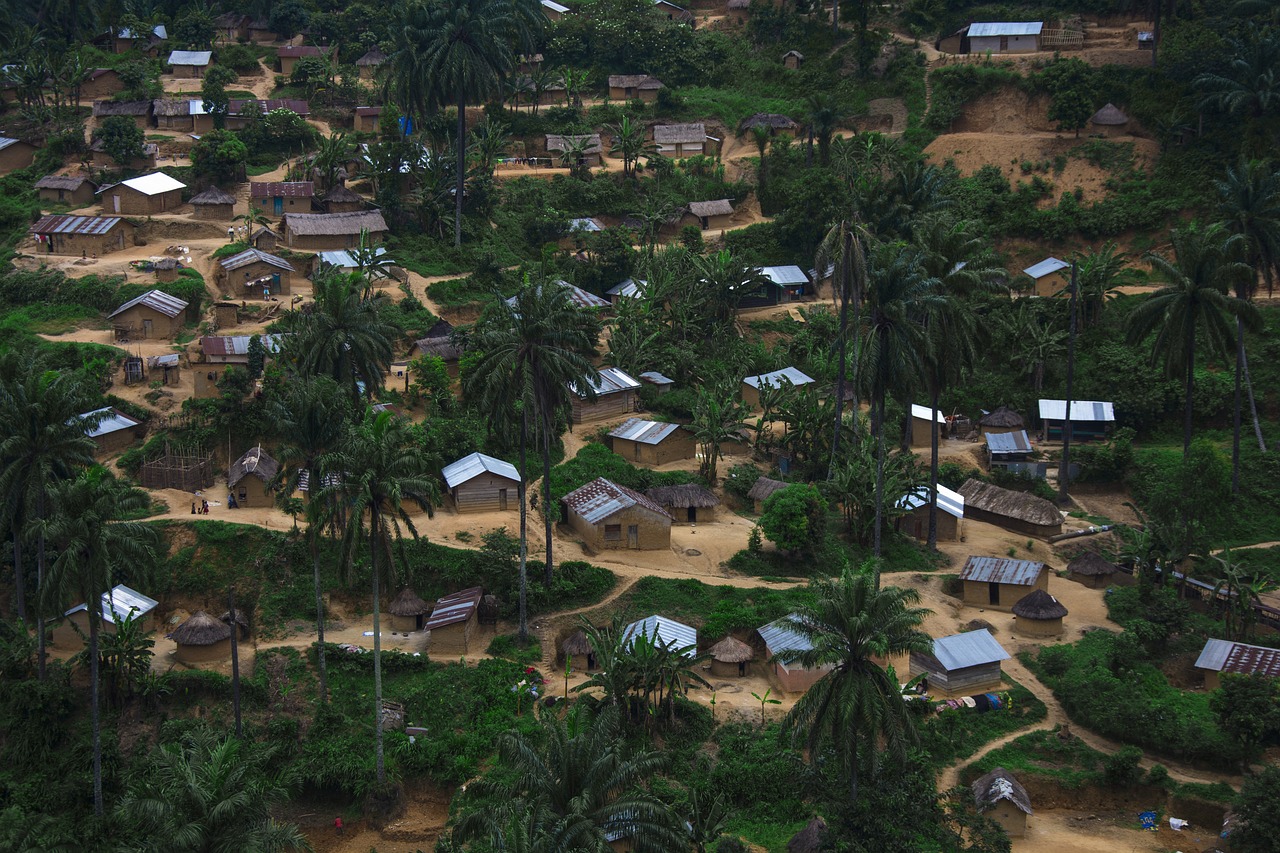UN human rights experts on Thursday condemned acts of “extreme violence” committed by the M23 (Movement du 23 Mars) armed group against human rights defenders in the North and South Kivu provinces in the eastern Democratic Republic of the Congo (DRC), warning that activists documenting abuses face escalating reprisals.
According to the Office of the UN High Commissioner for Human Rights (OHCHR), M23 members have allegedly carried out targeted killings, abductions, torture, sexual violence, and death threats against rights defenders between November 2025 and February 2026. The OHCHR said that in certain cases, women human rights defenders protesting forced expulsions in Uvira were reportedly abducted and tortured, and a defender of LGBT rights was repeatedly seized and forced into hiding.
Under international humanitarian law (IHL), M23 qualifies as an organized non-state armed group engaged in a non-international armed conflict and is therefore bound by Common Article 3 of the Geneva Conventions and customary IHL to respect minimum protections for civilians. The targeting of individuals documenting abuses may also undermine efforts to preserve evidence and advance accountability at a time when international mechanisms are being mobilised.
UN officials have previously condemned deadly attacks against civilians in the country, and current events warn of continued instability in the region. Human Rights Watch (HRW) similarly warned earlier this year that civilians in South Kivu face grave risks amid ongoing hostilities, documenting summary killings and threats by armed actors. The convergence of attacks on civilians and rights workers points to a quickly narrowing operational space for civil society in areas affected by hostilities.
Amidst the tense political and military conditions in the region, healthcare access in North and South Kivu has become “increasingly difficult” due to security threats, displacements, and strain on the medical facilities and workers.
The warning comes amid broader international concern over escalating violence in eastern DRC. The UN reported that renewed clashes involving M23 have led to civilian displacement and worsening insecurity in parts of North and South Kivu. In response to serious violations in the region, the UN Human Rights Council adopted Resolution S-37/1, establishing a fact-finding mission mandated to investigate abuses, violence, abductions, and attacks against human rights defenders and journalists. By Aaryaa Shinge, Jurist News






